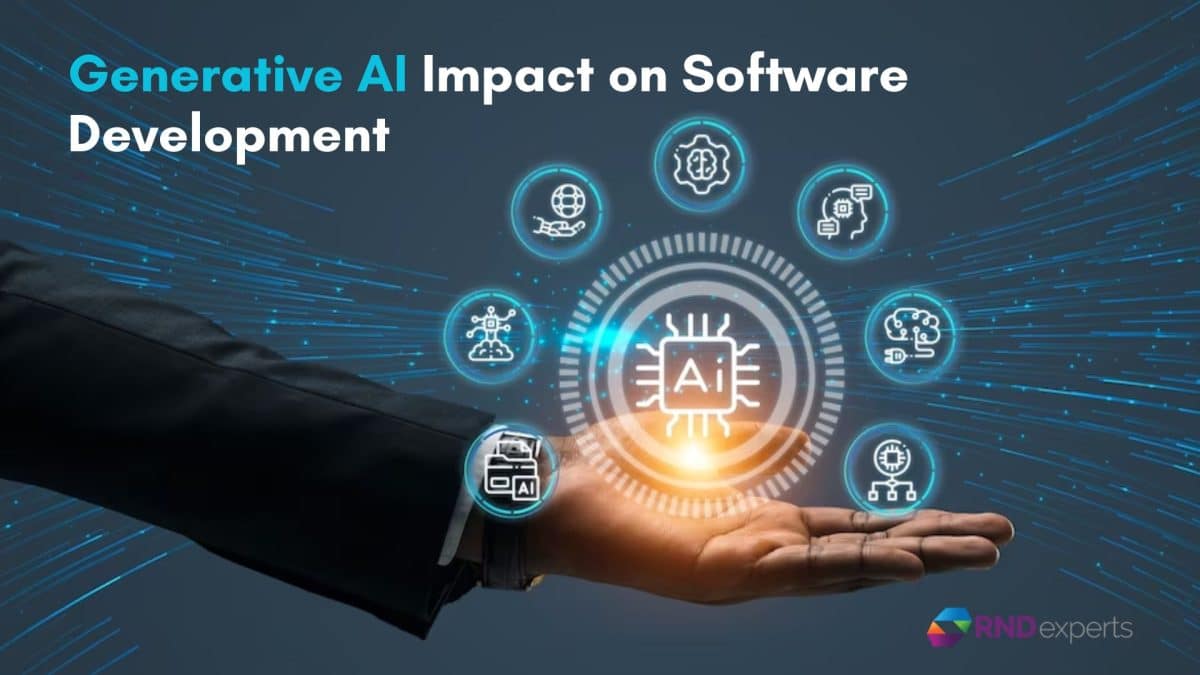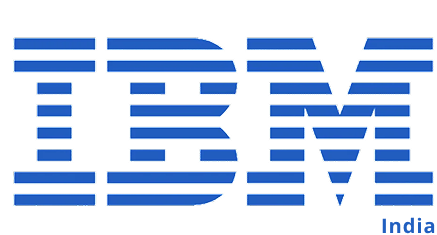Introduction: In the ever-evolving world of technology, software development is undergoing a profound transformation. This transformation is being driven by the emergence of Generative AI, a groundbreaking technology that is revolutionizing the way software is created, tested, and maintained. In this blog, we’ll explore how Generative AI is ushering in a new era of software Read More…

















